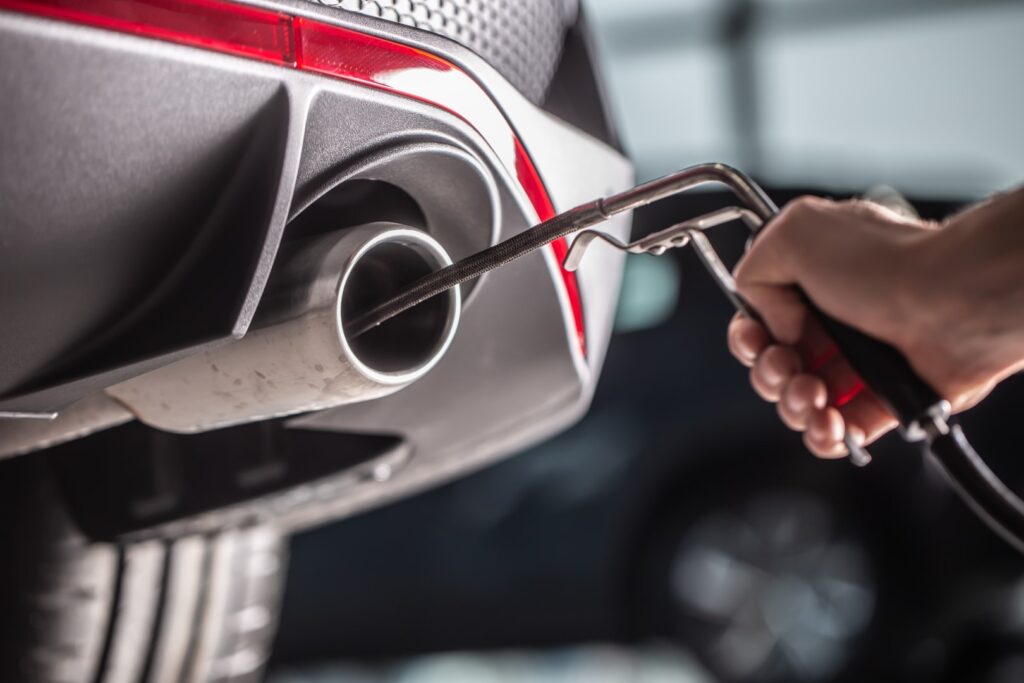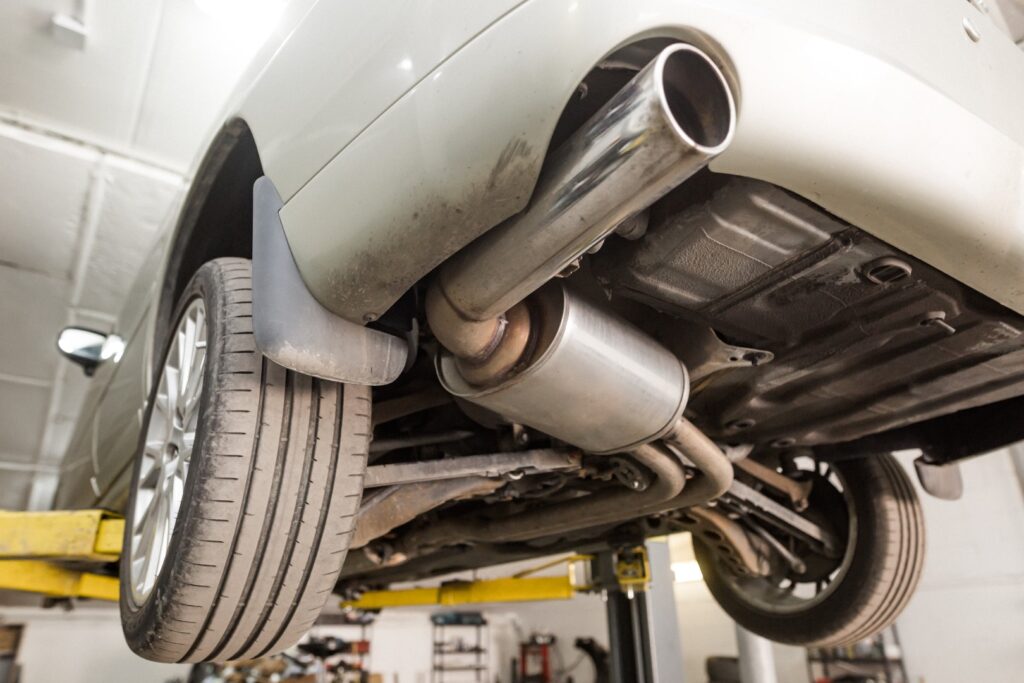
The state of your car’s emission system is of utmost importance as it has a significant impact on your car’s overall performance. It controls the emissions, exhaust, and pollutants your car is producing. It also comprises several parts, and each of them must be in good working condition to function appropriately.
In this article, we’ll take you through the most important things you need to know about a vehicle’s emission system and give you some tips on maintaining and keeping them working optimally.
1. It’s Responsible For Taking Away Engine Gases
As mentioned before, the exhaust system comprises several parts, each with its own function. The primary components include a catalytic converter, O2 sensors, fuel filter, and an exhaust pipe. These components work together to regulate emissions and muffle the engine’s noise. When any of these parts break down, the exhaust system can produce harmful fumes and damage the car’s engine from within.
When the exhaust system is functioning effectively, it improves fuel efficiency and minimizes noise while at the same time improving the overall performance of the engine.
2. Must Be Maintained To Prevent Problems
If you’ve noticed that your car is not running well and has unpleasant smells, it may be a sign of a problem in your exhaust system, and you must have it checked immediately. The exhaust system plays a crucial role in your car’s performance, and if you ignore its issues and don’t do maintenance, it may lead to more hassle and expensive repairs. However, exhaust problems can result from several different factors.
Listed below are some common emission system problems:
- Rust – The exhaust system is made of metal, and its parts are often exposed to a lot of dirt, water, and other elements that can cause it to rust. Over time, rust may cause cracks and holes in the parts, causing fuel leaks and increasing fuel consumption.
- Damaged or loose parts – After some time, car parts may become loose, causing your car to make loud noises when driving. Loose parts may cause damage to other parts of your system if not taken care of immediately.
- Decreased fuel efficiency – If you notice your car running poorly, you may have a malfunctioning catalytic converter or oxygen sensor. When these components become faulty, your car could experience lower fuel efficiency and gas mileage. Fuel efficiency is vital to the health of your vehicle, and if you can’t keep it at its peak, it may not perform at its best.
Having your exhaust checked regularly will keep your vehicle running smoothly and efficiently. Also, be sure to use an OEM Cummins Particulate Matter Sensor to help measure the efficiency of your car’s emission system.
3. Consists Of Different Parts
There are several different parts of the exhaust system. If you have no background on how they work, it might be helpful to know a bit about them. Below is a list of the essential components of an emission system:
- Oxygen sensor – The O2 sensor is a component in the car exhaust system that monitors the amount of oxygen present in the engine’s exhaust.
- Muffler – The muffler is a vital component of your car’s exhaust system. It reduces noise and maximizes exhaust gas flow. Better exhaust gas flow means better engine performance.
- Catalytic converter – The catalytic converter is an essential part of your car’s exhaust system. Their role is to convert the pollutants found in exhaust flames into a less harmful gas.
- The resonator – The resonator in your car’s exhaust is responsible for modifying engine noise.
It’s crucial to understand how each of these parts works to realize how essential it is to properly maintain them and keep your car’s emission system in good working condition.
4. It Improves Engine Performance
Your standard exhaust can improve your engine’s performance by emitting exhaust gases away from it. This is especially the case for cars with high-performance exhaust systems, which release exhaust gases efficiently, allowing your car’s engine to run more smoothly.
If these emissions can exit the vehicle’s engine successfully, the engine’s intake process could also become quicker, allowing it to draw in the fresh air and fuel faster. Having a restrictive emission system, on the other hand, causes your engine to run poorly as its airflow is disrupted.
Final Thoughts
It’s strongly recommended to have your vehicle’s emission system inspected by a professional mechanic regularly. In this way, any potential problems can be detected and fixed before they become worse. Remember that a bad exhaust system will not only affect your car engine’s performance but will lead to poor fuel efficiency as well, causing you to spend more money in the long run.

